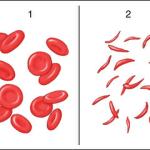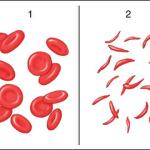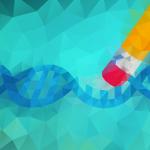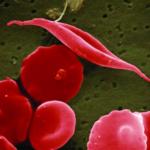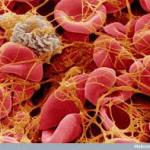Mark and I began our conversation by reflecting on historical medical achievements, highlighting the transformative impact of vaccines, especially the Salk polio vaccine, and the remarkable progress in open-heart surgery.
gene therapy
During my lifetime, there have been several seminal breakthroughs in medicine that greatly changed our ability to prevent or treat disease. Part 1, below, describes several of them. I have a good idea of what some of the next ones will be.
I began by dismissing the term "GMO" as a meaningless pseudo-category, emphasizing that genetic modification is a seamless continuum that has been practiced for centuries.
I have a long-standing interest in sickle cell anemia, a genetic abnormality that is the scourge of approximately 100,000 Americans, primarily Black, who are afflicted with it.
M.I.T.’s Technology Review magazine recently published its annual list of 10 Breakthrough Technologies “that will have a profound ef
You may have recently seen any of the following headlines saturating the airwaves over a scientist in China defying global ethical and procedural norms by going rogue and utilizing CRISPR technology in real world human experimentation:
Between increased competition for limited resources in research funding and medical conditions that have powerful and prominent champions, among other issues, it can be especially challenging for rarer conditions like Sickle Cell Disease to remain
The appearance of FDA-approved gene therapies in the arsenal of disease treatments is at the top of the list of exciting health and science advances of 2017.
Hemophilia is a genetic disorder that impairs the ability of blood to clot.

